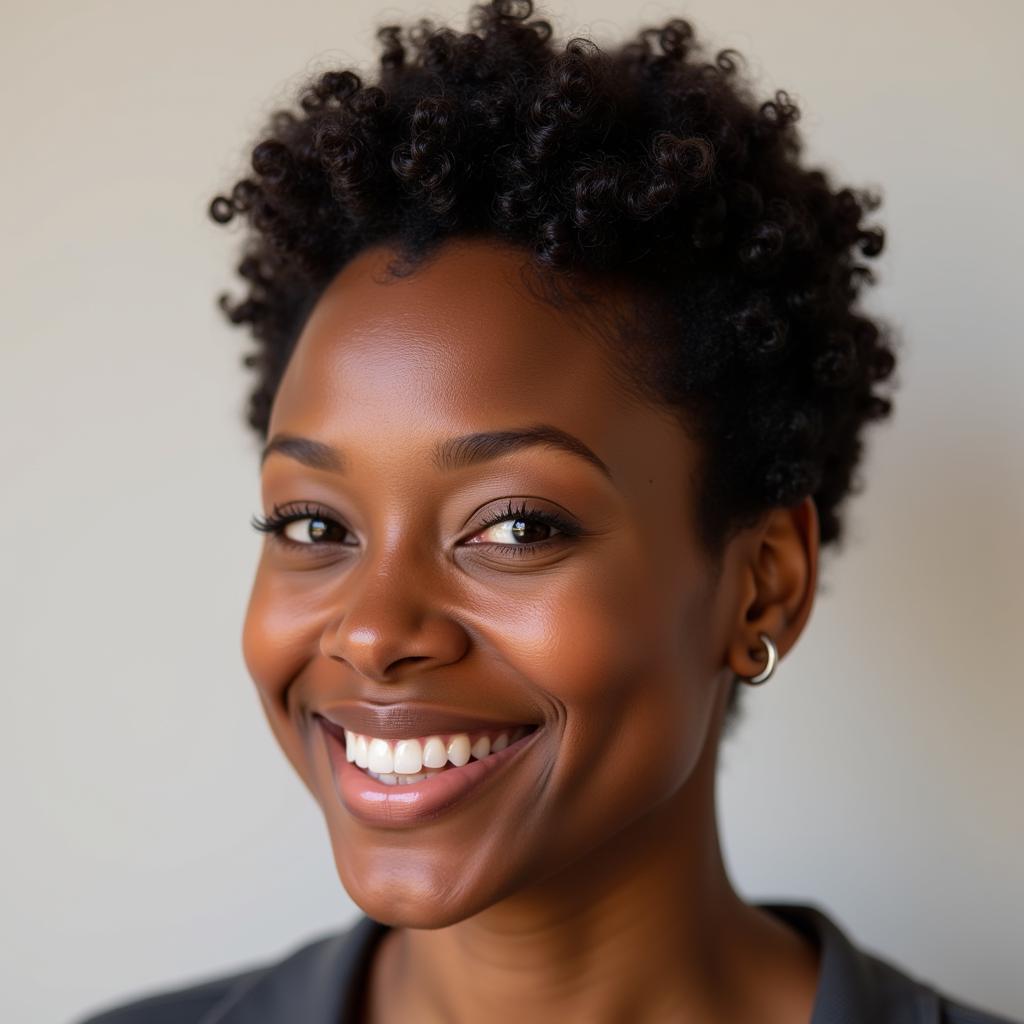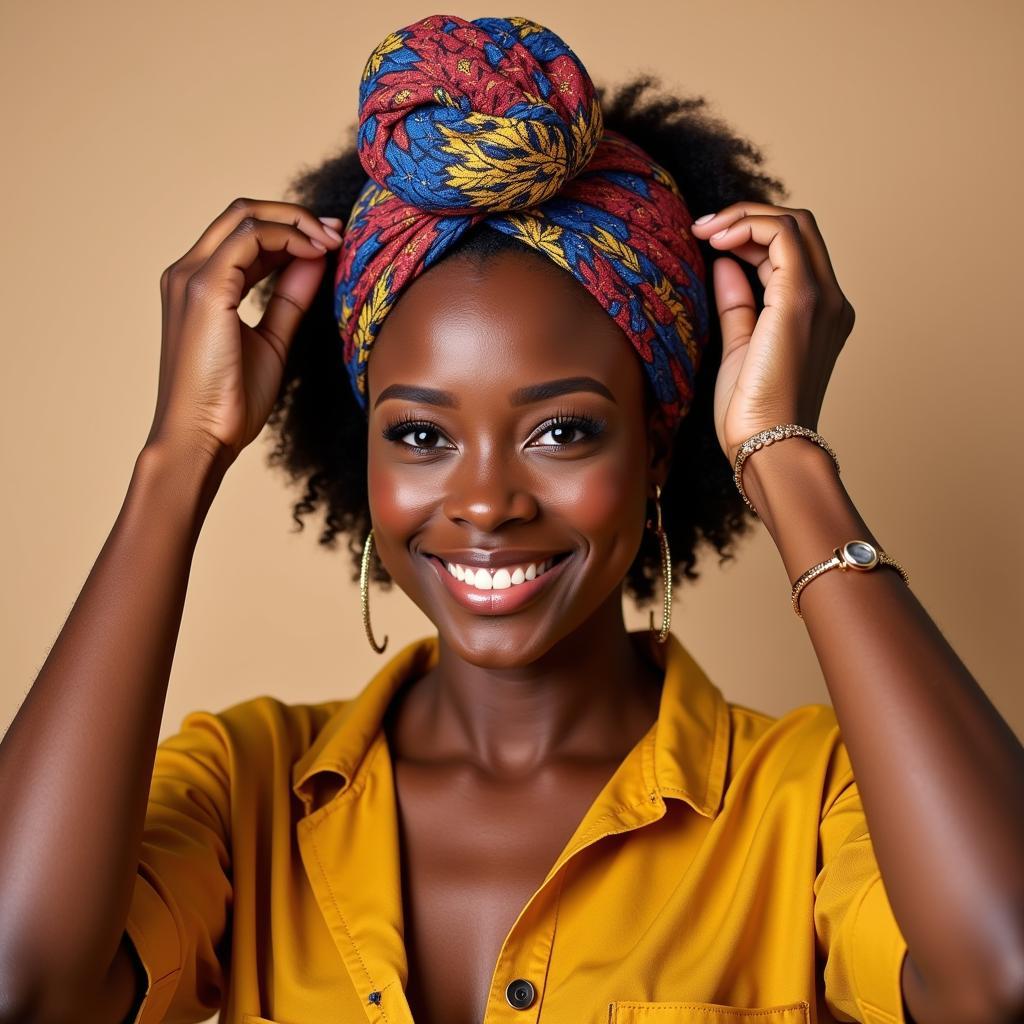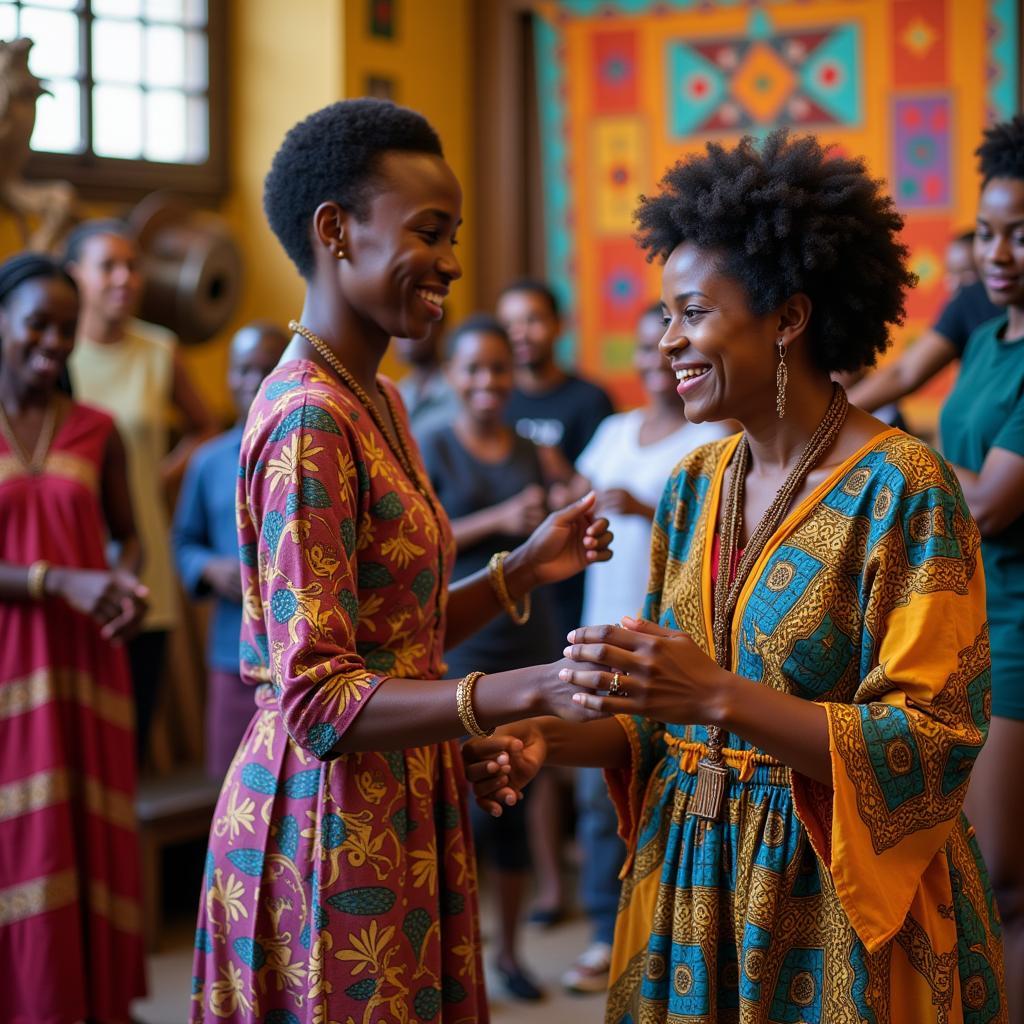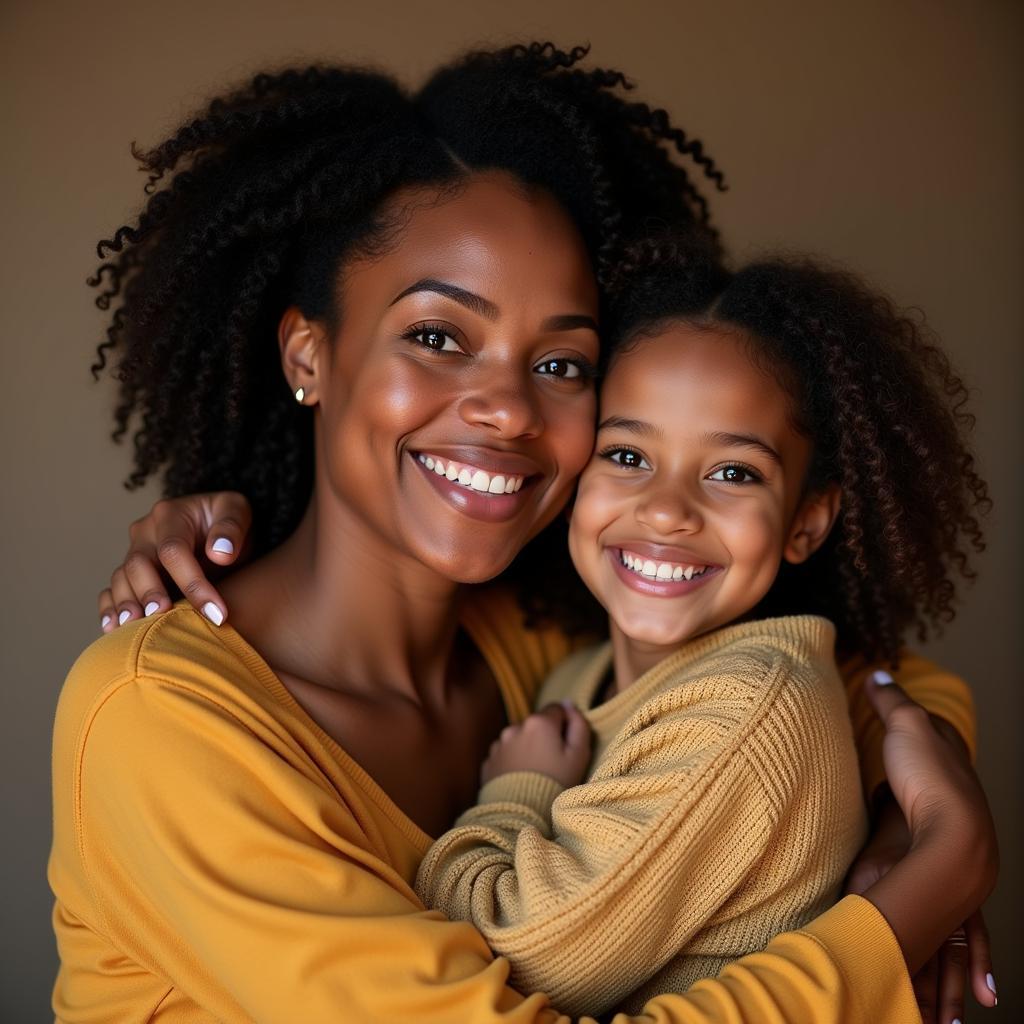Embracing Your New Growth: African American Hair After Chemo
Navigating the journey of chemotherapy can be physically and emotionally challenging. Among the many changes, hair loss is a common experience that can significantly impact self-image, particularly for those with deeply rooted cultural connections to their hair like African Americans. However, it’s essential to remember that hair loss due to chemotherapy is temporary. This guide offers support and information on navigating the regrowth journey, embracing your new hair, and rediscovering the beauty and versatility of African American Hair After Chemo.
Understanding Hair Loss and Regrowth
Chemotherapy works by targeting rapidly dividing cells, which includes cancer cells and unfortunately, hair follicles. This often leads to hair loss, not just on the scalp but also eyelashes, eyebrows, and body hair. It’s important to understand that hair loss is a side effect, not a direct indicator of the effectiveness of the treatment.
The good news is that hair follicles usually start to recover a few weeks after chemotherapy ends. You may notice soft, downy hair appearing on your scalp, often referred to as “peach fuzz.” This is a positive sign of regrowth. Gradually, this fine hair will transition into thicker, coarser strands. However, the texture, color, and curl pattern of your new hair might be different from your pre-chemo hair.
Factors Influencing Hair Regrowth
Several factors can influence the rate and characteristics of your hair regrowth:
- Chemotherapy drugs and dosage: Different chemotherapy drugs and dosages can have varying effects on hair follicles. Some may cause complete hair loss, while others may lead to thinning.
- Genetics: Your genetic makeup plays a significant role in determining your hair growth cycle and characteristics.
- Age: Hair growth tends to slow down with age.
- Overall health: A healthy body supports hair growth. Proper nutrition, hydration, and stress management can contribute to optimal regrowth.
Tips for Caring for Your New Hair
- Be gentle: Treat your new hair with extra care. Use a gentle shampoo and conditioner designed for sensitive scalps.
- Avoid heat styling: Limit the use of heat styling tools like blow dryers, curling irons, and flat irons. Excessive heat can damage fragile new hair.
- Protective styles: Opt for protective hairstyles that minimize manipulation and breakage, such as braids, twists, or locs. Consult with a stylist specializing in natural hair to discuss suitable options during the regrowth phase.
- Moisturize: Keep your scalp and hair well-moisturized. Dryness can lead to breakage and slow down the regrowth process. Use natural oils like coconut oil, jojoba oil, or shea butter.
- Nutrition: A balanced diet rich in vitamins, minerals, and protein supports healthy hair growth.
Styling Options and Embracing Change
The texture and curl pattern of your new hair might be different from your pre-chemo hair. This can be an opportunity to explore new styles and embrace the versatility of African American hair.
- Short and chic: Rock a short pixie cut or a stylish bob. Short hairstyles can be easy to manage and offer a fresh, modern look.
- Headscarves and wraps: Embrace the elegance and versatility of headscarves and wraps. They can be styled in countless ways to complement your outfit and mood.
- Wigs and weaves: Wigs and weaves offer a temporary solution to cover hair loss and experiment with different styles and colors. Choose high-quality wigs made from natural hair or synthetic fibers that resemble your natural texture.
 Short natural hairstyle on an African American woman
Short natural hairstyle on an African American woman
Emotional Well-being and Support
Hair loss can be emotionally challenging, affecting self-esteem and confidence. Remember that it’s okay to feel a range of emotions during this time.
- Seek support: Talk to loved ones, join support groups, or seek professional counseling. Sharing your feelings and connecting with others who understand can make a significant difference.
- Focus on self-care: Engage in activities that bring you joy and relaxation, such as exercise, meditation, spending time in nature, or pursuing hobbies.
- Celebrate your strength: Acknowledge the strength and resilience you’ve shown throughout your journey.
 African American woman tying a headscarf
African American woman tying a headscarf
Embracing Your Journey
Remember that your hair journey is unique to you. Embrace the changes, celebrate your strength, and seek support when you need it. Hair regrowth takes time, and patience is key. As you navigate this journey, focus on nurturing your overall well-being, both physically and emotionally.
Have other questions about African culture? Explore our website “African Life” or contact us directly!
Phone Number: +255768904061
Email: [email protected]
Address: Mbarali DC Mawindi, Kangaga, Tanzania.
Our customer care team is available 24/7 to assist you.



